
The first time I acknowledged the existence of a world outside the United States I was seven years old, settled between my mom and dad, watching images of Tiananmen Square on the nightly news. I saw a young man, feet glued to the concrete, stand nose to nose with a menacing machine. I learned that night what a tank is.
We spent our first full day in Beijing, rather predictably, engaging in the compulsory, yet completely invigorating, visit to Tiananmen Square. As the largest public gathering place on the planet, it is one of the few locations I’ve seen that is astonishing in its nothingness. It is a massive, wide open plot of socialist cement. The distant edges of the square are lined with memorials, museums, and of the greatest interest, the Mao Mausoleum. Only a thirty meter obelisk, paying tribute to the heroes of the revolution, and one waiving red flag of the Republic, interrupt the openness of the square. The sun, beating off the harsh finish of the concrete beneath your feet, has the ability to bake your emotions, and stir within your chest the sheer power and force of the People’s Party. It is impossible to stand in Tiananmen and not feel the spirit of lives lost at the cost of ideals.
Jeannie and I, as the only Westerners in the square, looked out upon the endless throngs of Chinese pilgrims who made the distant trip from rural China to Tiananmen, and wondered what they felt in their chests. They took their turn subtly bowing in the direction of the building that holds Mao’s corpse. They marveled in awe at the stately gates of the Forbidden City. They saluted the stern-jawed members of the Red Guard as they marched past in perfect unison. But before they stopped to bear witness to all of these things, before they paused to take in Mao and the gates and the guards, before they pondered the sites of the capital they had only read about in history books, the same sights they had surely dreamt of observing on some sublime day in the future, they halted in their tracks to behold the most glorious sight in Tiananmen Square—Jeannie Scharetg.
It started with one brave child. She approached Jeannie with the kind of unbridled curiosity that only a five year old can possess. She sat next to her on the ground, threw out two fingers in an emphatic peace sign, and bared all six of her tiny teeth for the camera. Her parents, grandparents, aunts and uncles, brothers and sisters, and cousins all snapped furiously at the buttons of their digital cameras. There was an explosion of flash bulbs, a symphony of beeps. And just like that the seal was broken. The flood gates were lifted. All of the timid onlookers who had been standing in the flanks came rushing to Jeannie’s side. They each flashed the same embarrassed smile, uttered the same Chinese words, and nestled their shoulders closer and closer to Jeannie.
They ogled at the miracle of her blonde hair, braded tightly behind her head in two bobbing pigtails. They peered intently at her green eyes. They wondered at the freckles on her arms. They studied the red polish on her toenails. Men and women alike drank in her impossibly long legs.
And there I stood. The ogre. I was slowly ushered to the side by the more ambitious of the photographers. Mere minutes before, I had read in my guidebook that the Chinese often refer to white men (quite affectionately I’m sure) as “Big Noses.” They’d probably never seen a beak quite as astonishing as mine. They must have feared I would cast a shadow into their photos with the American goddess. And this, compounded by the fact that my beard has now reached semi-barbarian status, was enough to preclude me from even one snapshot. “Move the big-nosed-barbarian-peasant-ogre to the side!” I know this is what they shouted to each other in Mandarin. So I shuffled into the distance and watched the turnstile of giddy Chinese spin round and round. They are indeed the most shutter-happy lot I have ever known. Had I been in a more entrepreneurial mood I would have started selling tickets.
I get a great rise from the thought of Jeannie’s photograph spread across the vast subcontinent of China. The mantle at home. The desktop at work. The attachment on an email to an entire contact list.
“What did you see in the capital?” the villagers will ask upon their return.
“Mao, the Forbidden City, and this girl!”
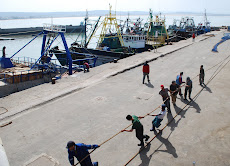
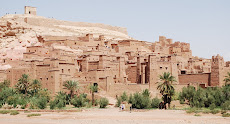
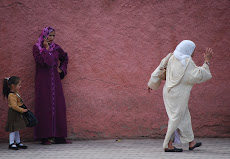

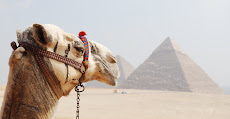

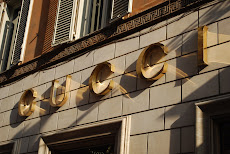
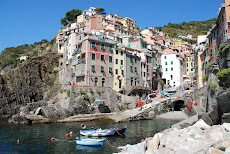



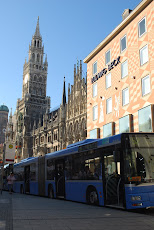
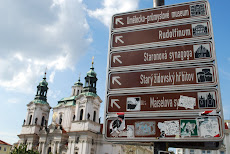
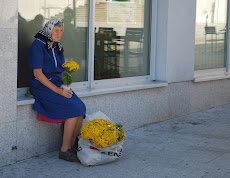
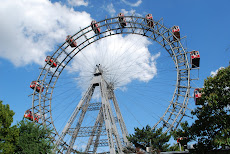

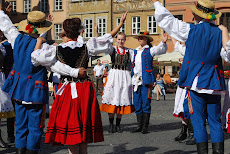
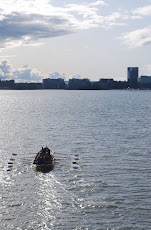



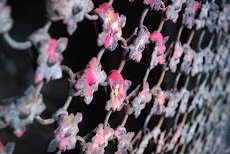
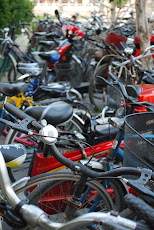
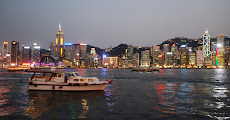
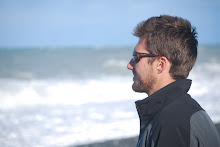
I love it! you go Jeannie!
ReplyDelete